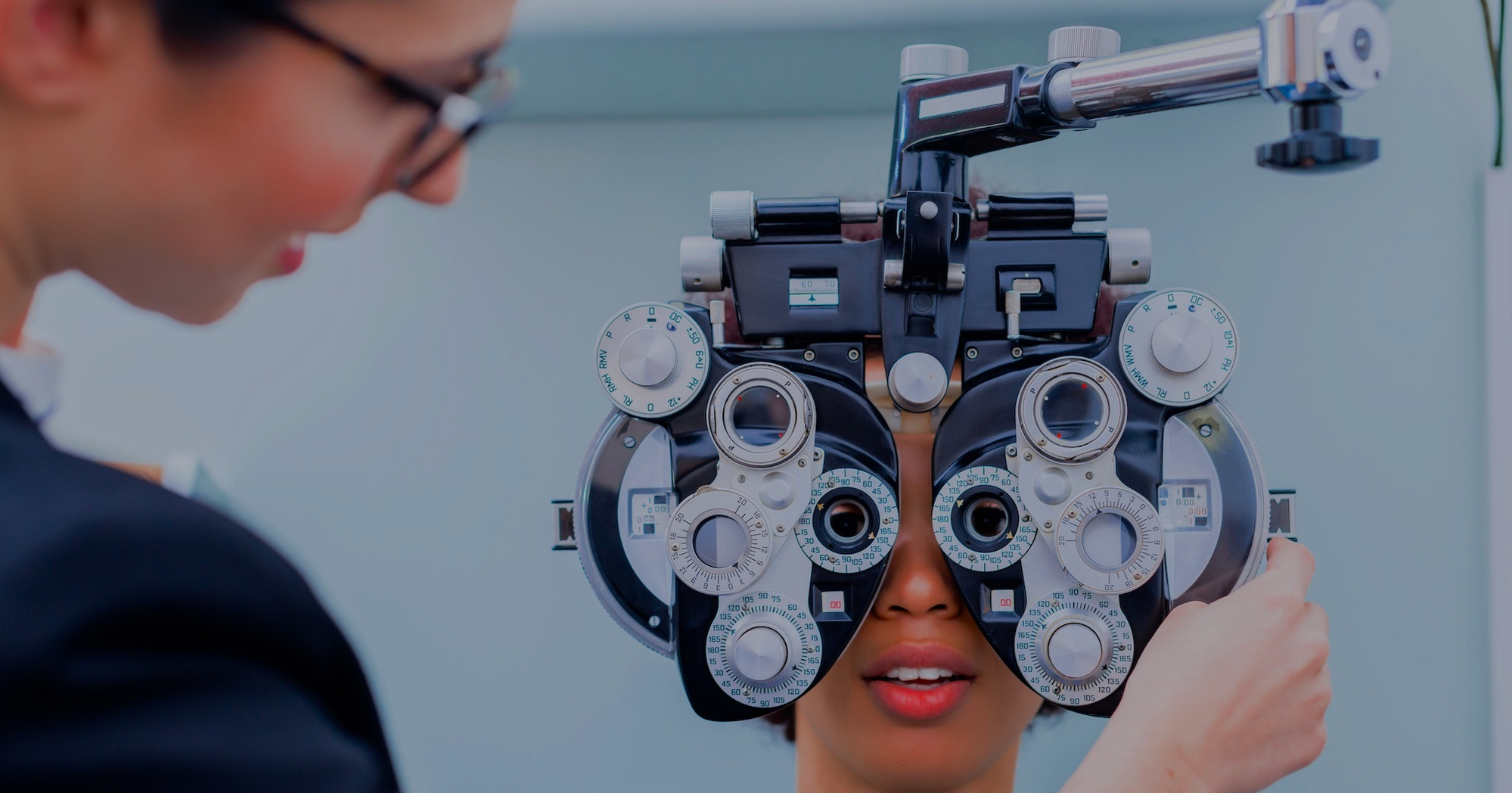A clearer way to look at evidence of clinical practice
The University of Plymouth was ranked in the Top 25 for teaching quality in the 2020 National Student Survey, and over 4,500 University of Plymouth students per year benefit from placements and work-based learning. PebblePad is used across the university as part of their digital ecosystem to support a wide range of teaching, learning and assessment ambitions for over 18,000 students. For this project, PebblePad was used to replace a paper-based clinical logbook that was causing challenges regarding accessibility for staff and students in an Optometry programme.








